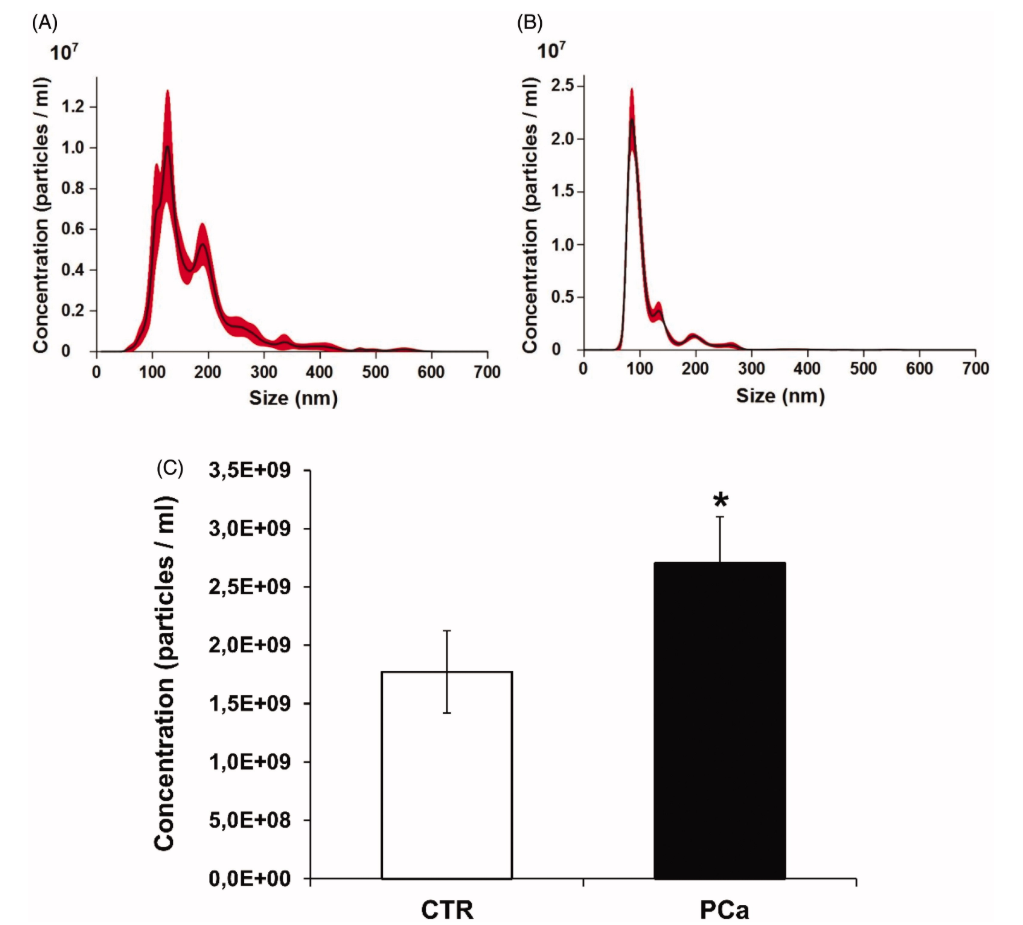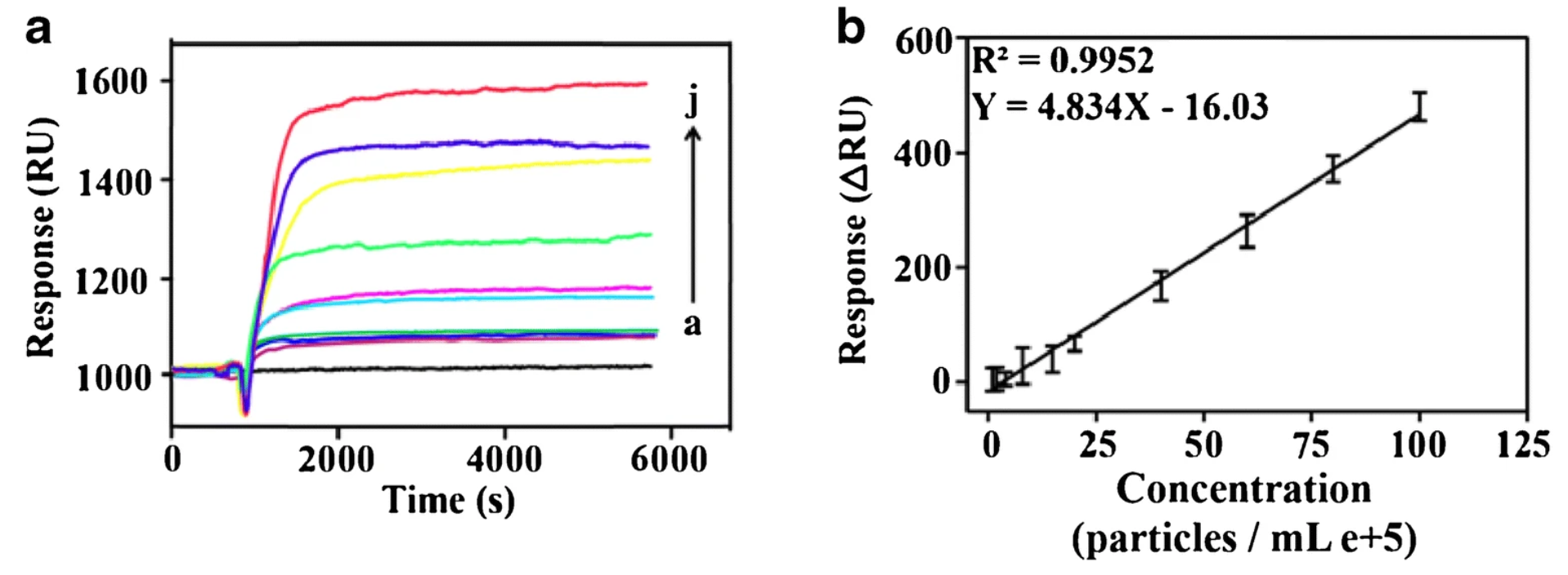Exosome Quantification Service
Exosomes are nanoscale extracellular vesicles (EVs) secreted by various cell types. They play a crucial role in intercellular communication by transporting proteins, lipids, RNA, and other biomolecules. Due to their significant involvement in physiological and pathological processes, exosome research has become a rapidly expanding field in molecular biology, biomarker discovery, and therapeutic development. However, precise exosome quantification remains a critical challenge due to their small size, heterogeneity, and low abundance in biological fluids.
MtoZ Biolabs provides highly accurate and reproducible exosome quantification services that utilizes state-of-the-art technologies such as nanoparticle tracking analysis (NTA), tunable resistive pulse sensing (TRPS), surface plasmon resonance, enzyme-linked immunosorbent assay (ELISA), and flow cytometry. Our solutions are designed to meet the growing demands of exosome research, ensuring high sensitivity and specificity in exosome quantification. Whether for fundamental research, biomarker discovery, or therapeutic applications, our exosome quantification service offers unparalleled accuracy and reliability.
1. Nanoparticle Tracking Analysis (NTA)
NTA utilizes laser light scattering and Brownian motion to determine the size distribution and concentration of exosomes in liquid suspension. By tracking the movement of individual particles under a microscope, NTA calculates exosome size based on diffusion coefficients and applies Mie scattering theory to estimate concentration in particles/mL, providing high-resolution quantitative data for exosome studies.

Figure 1. Nanoparticle Tracking Analysis (NTA) Quantification of Exosomes Released from Plasma of Prostate Carcinoma Patients and Controls
2. Tunable Resistive Pulse Sensing (TRPS)
TRPS measures exosome concentration and size distribution using a nanopore-based Coulter counter. As exosomes pass through a tunable nanopore, they transiently disrupt the ionic current, generating resistive pulses that correlate with particle size and concentration.
3. Surface Plasmon Resonance (SPR)
SPR quantifies exosomes by detecting changes in the refractive index at a sensor surface functionalized with exosome-specific capture molecules. When exosomes bind to the surface, the accumulated mass of bound vesicles induces a shift in the surface plasmon resonance angle. This shift is directly proportional to the number of bound exosomes, allowing for real-time, label-free quantification.

Figure 2. SPR Detection Sensorgrams (a) and the Calibration Plot (b) for Exosomes at Different Concentrations of 1, 2, 4, 8, 15, 20, 40, 60, 80, 100 Particles/mL e+5 (from a to j)
4. Enzyme-Linked Immunosorbent Assay (ELISA)
ELISA quantifies exosomes by detecting specific exosomal surface markers (e.g., CD9, CD63, CD81) using antibody-based capture and enzymatic signal amplification. This highly sensitive method enables precise quantification of target exosome populations.
5. Flow Cytometry
Flow cytometry quantifies exosomes by detecting fluorescently labeled exosomal markers at the single-vesicle level. Using forward and side scatter parameters optimized for nanoparticles, exosome populations can be distinguished from background noise. Fluorescent antibody staining against exosome-specific surface proteins (e.g., CD9, CD63, CD81) enables accurate enumeration of exosomes, providing high-throughput quantitative analysis across different sample conditions.
Why Choose MtoZ Biolabs?
✔️Advanced Analysis Platform: MtoZ Biolabs established an advanced Exosome Quantification Service platform, guaranteeing reliable, fast, and highly accurate analysis service.
✔️One-Time-Charge: Our pricing is transparent, no hidden fees or additional costs.
✔️Customizable Study Designs: Tailored solutions for specific research needs.
✔️Rapid Turnaround Time: Delivering results with accuracy and efficiency.
Applications
1. Therapeutic Monitoring: Exosome Quantification Service facilitates real-time tracking of exosome levels in biological fluids to assess treatment response and disease progression.
2. Exosome-Based Drug Delivery Research: Supports the evaluation of exosome production and uptake efficiency in engineered exosome-based drug delivery systems.
3. Cancer Research and Liquid Biopsy: Provides quantitative exosome profiling for tumor-derived exosomes in blood, aiding in non-invasive cancer diagnostics and monitoring.
4. Regenerative Medicine and Stem Cell Research: Quantifies exosomes secreted by stem cells to study their role in tissue regeneration and therapeutic applications.
5. Exosome Purification and Standardization: Exosome Quantification Service supports quality control and batch-to-batch consistency analysis in exosome isolation and manufacturing processes.
FAQ
Q1: What biological fluids can be analyzed using Exosome Quantification Service?
Exosome Quantification Service supports exosome quantification in various biological fluids, including blood, plasma, serum, urine, cerebrospinal fluid, saliva, breast milk, cell culture supernatants, and more, enabling broad applications in diagnostics and research.
Q2: How does Exosome Quantification Service ensure accuracy and reproducibility in exosome analysis?
The Exosome Quantification Service ensures accuracy through the use of calibrated reference standards, precise instrument calibration, and optimized sample preparation protocols. Techniques such as Nanoparticle Tracking Analysis (NTA) and Flow Cytometry employ standardized detection thresholds and quality controls to minimize variability. Strict quality control measures, including repeatability testing, background correction, and cross-platform validation, further enhance accuracy. Additionally, the use of validated detection reagents and standardized assay conditions ensures reproducible and quantitative exosome measurements across different sample types.
Exosome research is a rapidly evolving field with immense potential in diagnostics, therapeutics, and personalized medicine. Accurate quantification is fundamental to unlocking the full potential of exosomes in scientific and clinical applications. MtoZ Biolabs' Exosome Quantification Service ensures high-quality, reproducible results through state-of-the-art technologies and expert-driven solutions. For more details or to discuss your project, please contact MtoZ Biolabs.
How to order?







